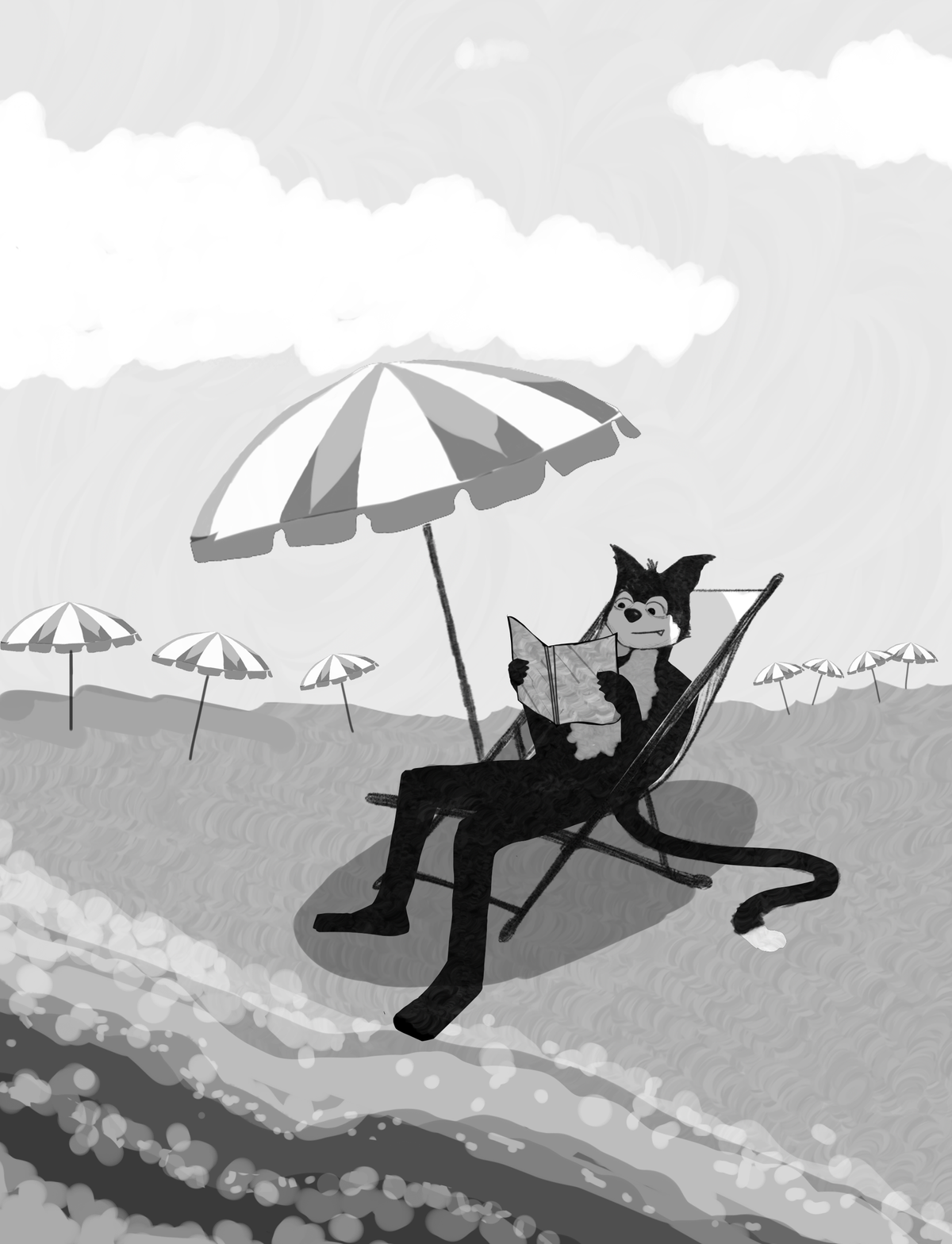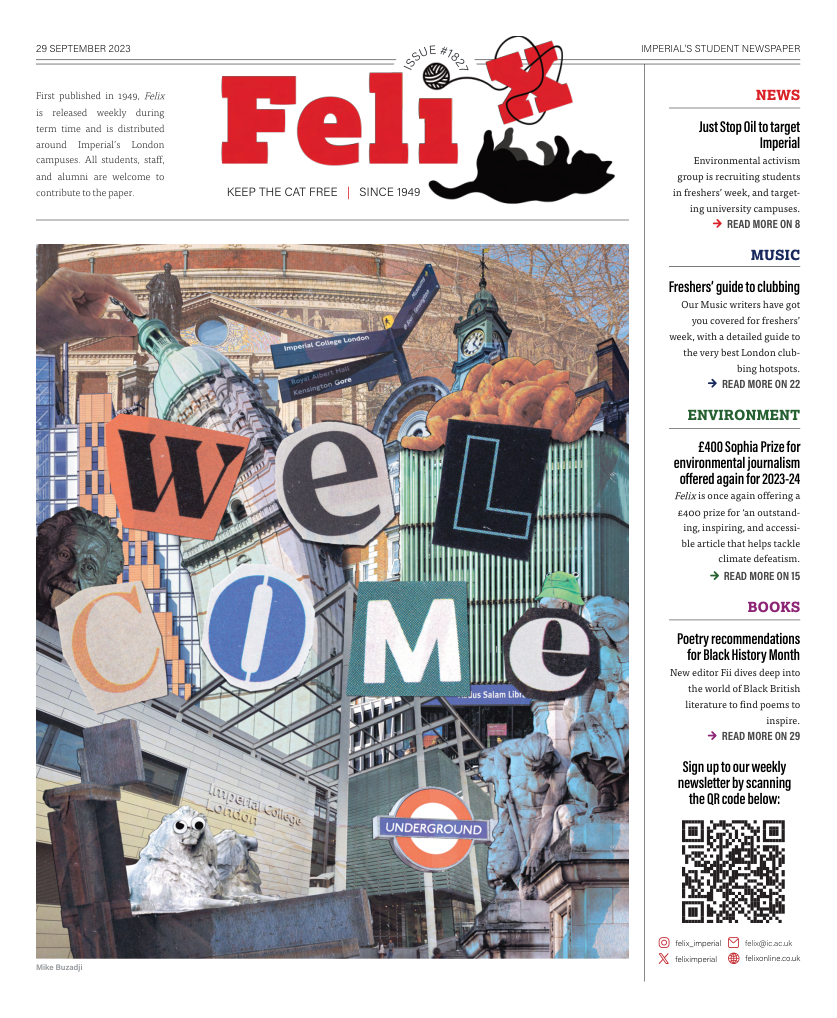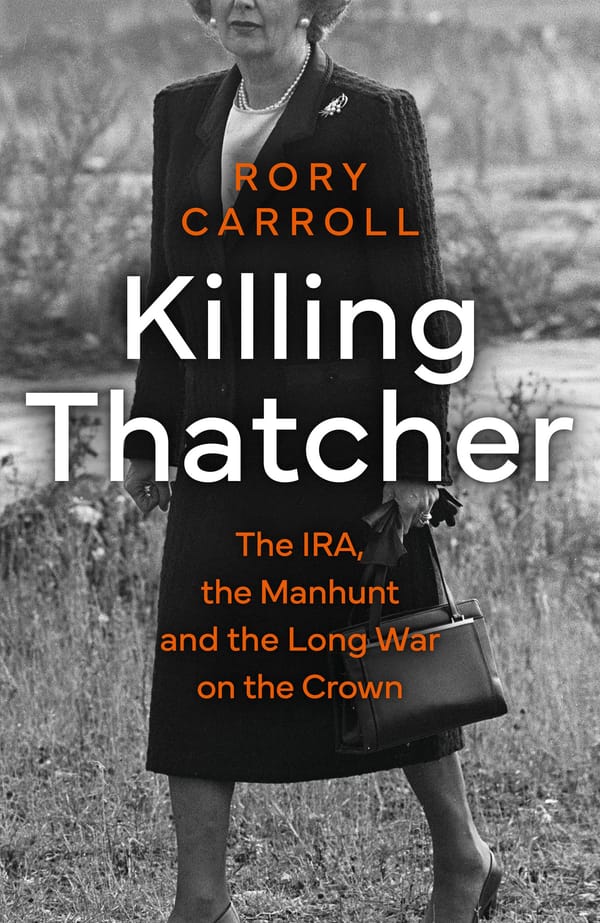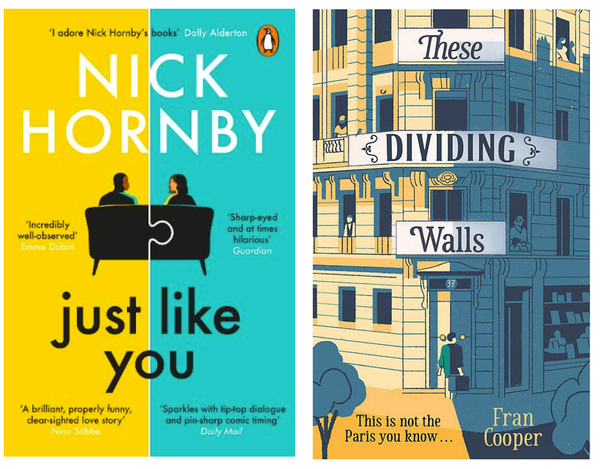Summer snapshots
Your Books editor documents a season full of literary travels.

With longer days and rising temperatures comes a welcome break from endless report-writing and heavy extracurricular commitments. A gaping hole is left in the lives of those of us who haven’t been fortunate enough to
secure internships. Histrionics aside, reading is an excellent way to fill the free time; catching up on novels and non-fiction titles alike. Below are brief reviews of five books I’ve completed over the summer holidays.
Before the Coffee Gets Cold by Toshikazu Kawaguchi
Kawaguchi’s novel adaptation of his play Before the Coffee Gets Cold, is a series of linked short stories set in an old café in a back street of Tokyo. The charming Café Funiculi Funicula is home to some eclectic regulars, welcoming staff, and a magical chair by which time travel is possible. Though this time travel has absolutely no scientific basis, customers are able to visit the past or future provided they adhere to a specific set of rules.
Kawaguchi implements the tools of magical realism that are employed in other Japanese works such as the Studio Ghibli films and the novels of Murakami. Through his characters’ poignant encounters, Kawaguchi explores themes of love, loss, family, and marriage, all with a sense of fun and optimism. The scene-by-scene short story style and easy conversations in the novel make it an excellent read for when you’re on the go.
Chéri by Colette
Colette is one of the most acclaimed French writers of the early 20th century. Based in Burgundy and Paris, in France, Colette churned out novels and short story anthologies, most of which have been translated into English, among other languages. Among her most recognisable titles – Gigi, The Vagabond, and her Claudine series – is a short novel called Chéri. Chéri tracks the life of its impetuous title character through the eyes of his older lover Lea.
Lea is a sophisticated 49-year-old socialite clinging to her beauty, while Chéri – given name Fred Peloux – is a 25-year-old bachelor. The two engage in a quiet affair until Chéri is called to wed a girl nearer his own age. Colette’s development of Lea examines the need for women – and older women in particular – to uphold their reputation in society battling against the desire for fulfilling sexual relationships.
To delve deeper into the life and mind of the French author, who writes from her own experiences with affairs and scandals, watch Keira Knightley’s portrayal of her in the film Colette.
Miss Austen by Gill Hornby
The title of Miss Austen refers not to Jane Austen, but to her older sister Cassandra (Cassie), who supported Jane throughout her life and career. The novel is a fictional account of the circumstances leading Cassie to burn a collection of letters written between herself, Jane, and several of their close friends. Gill Hornby took it upon herself to fill in the gaps surrounding Cassie’s motivations through a series of fictional letters and memories, all based on real facts about the family and their relatives. Hornby emulates the tone and vernacular of Jane Austen’s own novels, adding a dash of family drama and a drop of witty humour to the mix. If the name Hornby sounds familiar, it’s because Gill is sister to author Nick Hornby. Inspired writing clearly runs in the family, as Miss Austen is delightfully entertaining and a touching portrayal of the loving relationship between the Austen sisters.
The Summer Book by Tove Jansson
Recommended to me by a friend, Tove Jansson’s The Summer Book was an intriguing read. If you’re familiar with Jansson’s Moomin books and illustrations, it will come as no surprise that The Summer Book is filled with similarly quirky sketches and uniquely vivid descriptions.
Jansson’s premise is the chronicle of a long childhood summer through a series of loosely connected but independent vignettes. Just as our own summer memories are linked to specific interactions and activities, so is the relationship between main character Sophia and her grandmother; simultaneously fleeting and immortalised.
The book explores youth and curiosity through Sophia’s wide-eyed, emotional analysis of her surroundings, juxtaposed against Grandmother’s experience and knowledge. Scandinavian simplicity shines through in this gem of a novel, and it’s perfect reading for the transition from the summer to autumn months.
A Life on this Planet by David Attenborough
Split into three parts – ‘My Witness Statement’, ‘What Lies Ahead’, and ‘A Vision for the Future’ – David Attenborough’s latest publication is a comprehensive commentary on the interconnectedness of biodiversity and climate change. Attenborough leads the reader through his career in conservation, his lifelong relationship with the natural world, and his time working at the BBC, demonstrating how these passions intertwined. While becoming one of the most beloved television presenters in the world, Attenborough was able to lend time to wildlife preservation and climate change causes, learning about these issues in great detail. In this semi-memoir, he calls for people to think more urgently about how what we can collectively do to reduce our impact on the planet and brings attention to those who are already making great efforts to do so. His informed predictions of what our world may become in the following decades are enough to give the reader nightmares and make them want to get up and join a climate protest. A Life on Our Planet is a poignant recollection of a life well lived as well as a guiding light for living in a better future.










